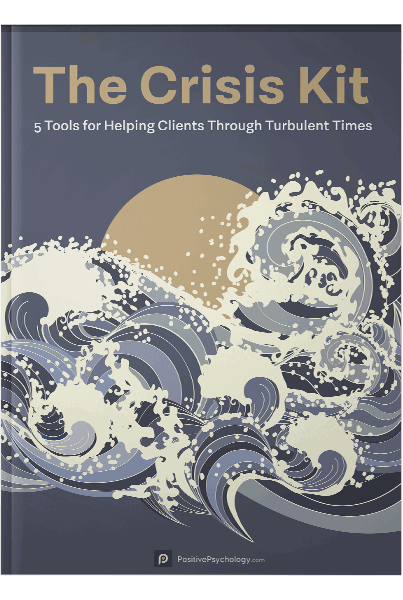The Philosophy of Ikigai: 3 Examples About Finding Purpose
In today’s fast-paced world, many people find themselves struggling to find meaning and purpose in their lives. The Japanese concept of Ikigai offers a unique perspective on how to live a fulfilling and meaningful life. Ikigai, which translates to “reason for being,” is a philosophy that encourages individuals to find and pursue their passion, mission, vocation, and profession in order to achieve true happiness and fulfillment.
So what exactly does Ikigai entail, and how can it help us find our purpose in life? Let’s explore three examples of how the philosophy of Ikigai can be applied to different aspects of our lives.
1. Finding Your Passion: One of the key components of Ikigai is uncovering our passion – the things that make us feel alive and bring us joy. This could be anything from painting and writing to cooking and gardening. By identifying our passions and incorporating them into our daily lives, we can experience a sense of fulfillment and purpose that goes beyond just going through the motions.
For example, a marketing executive who discovers a love for photography may decide to pursue this passion on the side, eventually turning it into a successful business. By aligning his passion with his profession, he is able to find meaning and purpose in his work, leading to a more satisfying and fulfilling life.
2. Fulfilling Your Mission: In addition to finding our passion, Ikigai also encourages us to identify our mission – the things that we feel called to do in order to make a positive impact on the world. This could involve volunteering, mentoring, or advocating for social justice causes.
For instance, a teacher who is passionate about empowering young girls may decide to start a non-profit organization that provides educational opportunities to underprivileged girls in her community. By aligning her mission with her vocation as a teacher, she is able to create a more meaningful and purposeful life that not only benefits others but also brings her a sense of fulfillment and satisfaction.
3. Pursuing Your Vocation: Finally, Ikigai emphasizes the importance of finding a vocation – a profession that not only allows us to make a living but also brings us a sense of fulfillment and purpose. This could involve exploring different career paths, pursuing further education, or starting a business.
For example, a lawyer who has always had a passion for environmental conservation may decide to transition into a career in environmental law, working to protect the planet and advocate for sustainable practices. By aligning his vocation with his passion, he is able to find purpose and meaning in his work, leading to a more fulfilling and satisfying life.
In conclusion, the philosophy of Ikigai offers a powerful framework for finding purpose and fulfillment in our lives. By identifying our passion, mission, and vocation, we can create a life that is not only meaningful and fulfilling but also brings us a sense of purpose and happiness. By embracing the principles of Ikigai, we can live more authentically and intentionally, leading to a more fulfilling and satisfying life.



